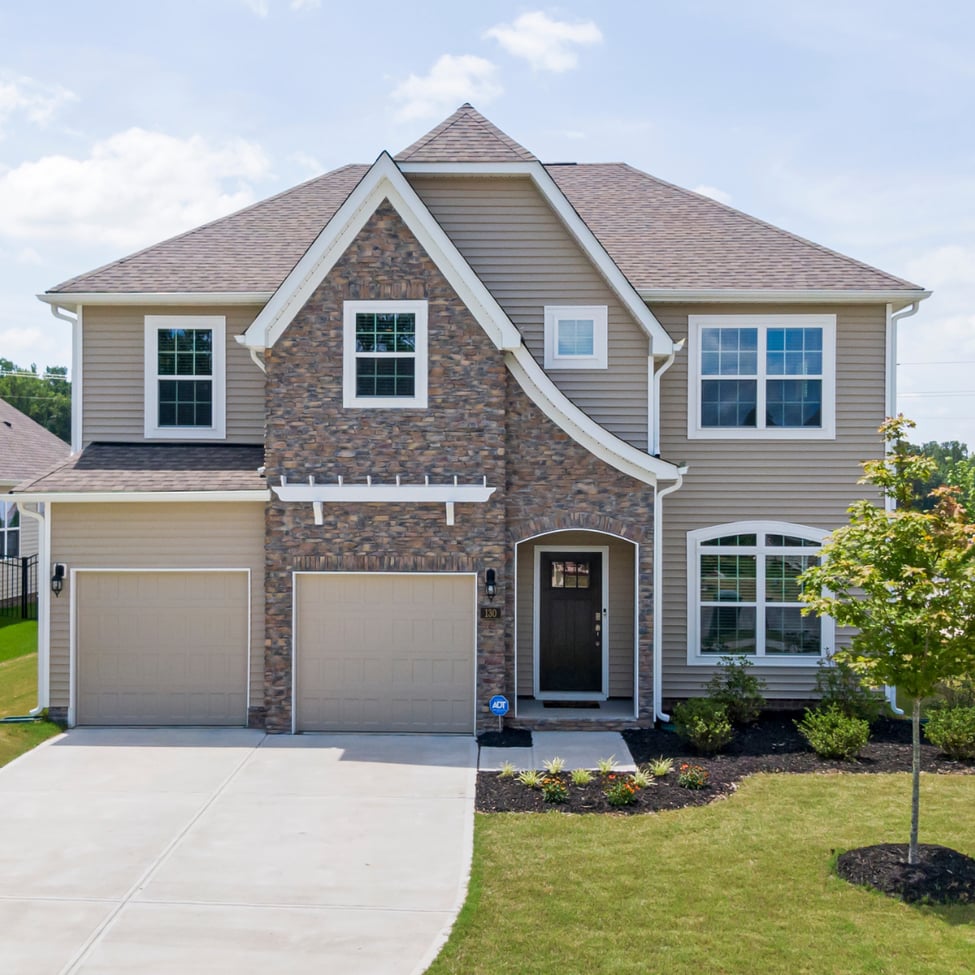The term Accessory Dwelling Unit (ADU) has gained significant attention in recent years, especially in markets where housing demand is high. Also known as “granny flats,” “backyard homes,” or “secondary suites,” ADUs are separate living spaces built on the same lot as an existing primary residence. They can be attached to the main home, converted from existing space (like a garage or basement), or built as a completely separate structure.
In this guide, we’ll break down everything you need to know about ADUs — from their purpose and advantages to costs, zoning laws, and how they can transform your property’s value.
1. What is an Accessory Dwelling Unit (ADU)?
An ADU is a smaller, independent residential unit located on the same property as a single-family home. While it functions as a complete living space — with its own kitchen, bathroom, and entrance — it is legally tied to the main property.
ADUs can be:
- Attached ADUs: Connected to the main home, often as a basement or over-garage apartment.
- Detached ADUs: Standalone units built on the property, such as a backyard cottage.
- Conversion ADUs: Created by transforming existing spaces, like a garage or attic, into living quarters.
2. Why Are ADUs Becoming Popular?
Several factors are driving the rise of ADUs:
- Housing Shortages: In urban areas, ADUs offer an affordable housing solution.
- Income Opportunities: Renting an ADU can generate passive income for homeowners.
- Multi-Generational Living: They allow family members to live close by while maintaining privacy.
- Increased Property Value: Properties with ADUs often sell for higher prices.
3. Benefits of Building an ADU
A. Additional Income
Many homeowners use ADUs as rental properties, providing consistent monthly income.
B. Flexibility in Use
ADUs can serve as guest houses, home offices, or even short-term rentals.
C. Support for Family Needs
Perfect for elderly parents, adult children, or visiting relatives who want privacy without moving far.
D. Higher Property Value
Well-designed ADUs can significantly increase a property’s resale value.
4. Costs of Building an ADU
The cost varies widely based on location, size, and type of ADU:
- Garage Conversion: $50,000 – $100,000
- Detached New Build: $100,000 – $300,000+
- Attached Addition: $80,000 – $200,000
Factors affecting costs include permits, utilities, materials, and labor. While the upfront cost is significant, the long-term return through rent and property value can make it a worthwhile investment.
5. Zoning & Legal Requirements
Before starting an ADU project, check your local government’s rules. Regulations vary by city and state and may cover:
- Lot size requirements
- Maximum unit size
- Height restrictions
- Parking requirements
- Owner-occupancy rules
Ignoring zoning laws can result in fines or the need to remove the structure.
6. Financing Options for an ADU
Building an ADU is a big investment, but there are financing options:
- Home Equity Loans / HELOCs
- Cash-Out Refinancing
- Personal Loans
- Government Grants or Incentives (offered in some regions to increase affordable housing)
7. How an ADU Affects Property Value
An ADU can significantly boost a property’s worth. Buyers often see them as valuable additions, especially in markets where rental demand is strong. However, value depends on quality of construction, design, and compliance with legal standards.
8. Potential Drawbacks
While ADUs offer many benefits, consider these challenges:
- High Initial Cost
- Ongoing Maintenance
- Possible Tenant Issues
- Impact on Yard Space
9. Tips for a Successful ADU Project
- Research Local Laws First
- Work with Experienced Builders
- Plan for Privacy and Noise Control
- Consider Future Flexibility in Design
Conclusion
An Accessory Dwelling Unit can be a smart investment for homeowners seeking extra income, family housing options, or added property value. With proper planning, legal compliance, and quality construction, an ADU can transform your property into a more functional and profitable space.

